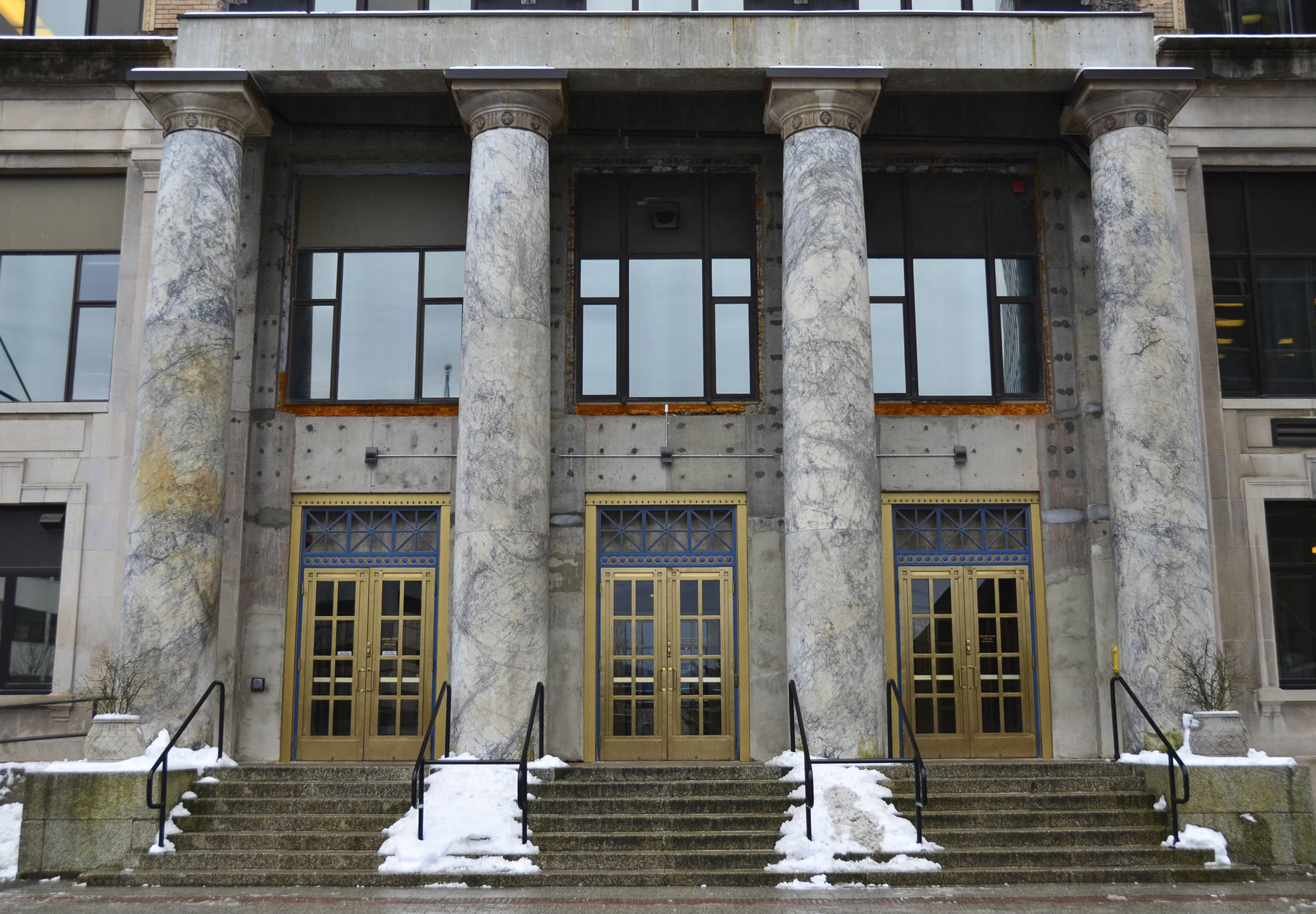“Nothing is so permanent as a temporary government program,” said Milton Friedman.
It seems like ages, not just a few months, since COVID-19, coronavirus and social distancing became part of our everyday vocabulary. The coronavirus is challenging our state, our country and the rest of the world unlike anything we’ve experienced in our lifetimes.
There is much unknown about the virus from a medical and health perspective. Medical researchers and epidemiologists will soon figure this out and provide the tools needed to beat this scourge back.
When that happens, it will be a monumental achievement that saves many lives. Those responsible deserve all the accolades that come their way.
[Federal money is coming, but it’s not yet clear how it will be used]
But, that accomplishment, when it happens, may not be what many people will remember. Instead, it may be the cultural and economic impacts that come to mind — and how government and our citizenry responded to them.
We know this event is already changing our lives in many ways.
We’re already more conscious of our health and hygiene habits – especially relating to the people we come in contact with — including health care providers on the frontlines of medicine.
We are discovering that our physical presence in an office, classroom or meeting isn’t as important as we imagined. One wonders how this will affect HR policies, demand for office space and the need for grand university campuses in the future.
Likewise, regular trips to brick-and-mortar buildings, whether a grocery, department store, bank or medical clinic suddenly don’t seem so necessary. Even the less computer-savvy among us are learning to order groceries, make a bank deposit and confer with our doctor online.
Could this mean we eventually will spend more time exercising, pursuing other interests and interacting with our families and friends?
This new paradigm portends beneficial changes in our culture — as long as organizations, companies and workers are willing to adapt to consumers’ changing consumption habits. Those that do will be the winners in the new recovered economy.
The direct economic consequences of this crisis aren’t well-defined. In the short term, we know it will be devastating.
In Alaska, private employers are especially vulnerable because of our over-concentration in the oil and visitor industries.
The growing worldwide oil glut and current price war will depress oil prices indefinitely, negatively impacting both production and exploration.
Alaska’s visitor industry is fueled almost exclusively by discretionary purchases — the first to be reduced in a recessionary economy. Negative stories surrounding the ease of viral transmission in airports, aircraft and cruise ships will linger in the public’s mind. Unfortunately, this means our visitor industry won’t likely recover for several years.
Many other businesses — from restaurants to retail stores, hair salons, dog groomers and dry cleaners — are all taking a hit. Few areas of our economy will escape unscathed — except, it seems, maybe the government workforce.
This unprecedented economic disruption has triggered a massive government response at every level. Congress passed a $2 trillion relief package and Gov. Mike Dunleavy has proposed millions in state economic assistance. Local municipalities are formulating their own aid plans.
Short term, this is necessary and helpful. But it won’t be enough over the long run. Ultimately, history will judge us on how we individually and collectively rebuilt our economy. Holding government itself harmless from economic impacts doesn’t help accomplish this.
This begs the question: Why did our state Legislature just pass a budget that contemplates providing state services as usual — presumably continuing to fund salary step increases and job security for all state workers — when, by some estimates, 39,000 Alaskans will have gotten layoff notices in our private sector?
Alaskans like to think of themselves as a hardy, self-reliant breed. But, without much regard to whether we can afford it, we’ve come to expect “free” PFDs, unending government assistance and grants galore funding expansive amenities — arts, parks, pools, museums and special programs. We’ve poured billions into education and Medicaid without improving student achievement or health outcomes.
A real long-term danger we face is that this crisis will make us more dependent on government when we need to be willing to restructure our priorities to fit a new reality: Expect less from government and do more for ourselves.
• Win Gruening retired as the senior vice president in charge of business banking for Key Bank in 2012. He was born and raised in Juneau and is active in community affairs as a 30-plus year member of Juneau Downtown Rotary Club and has been involved in various local and statewide organizations. Columns, My Turns and Letters to the Editor represent the view of the author, not the view of the Juneau Empire.

